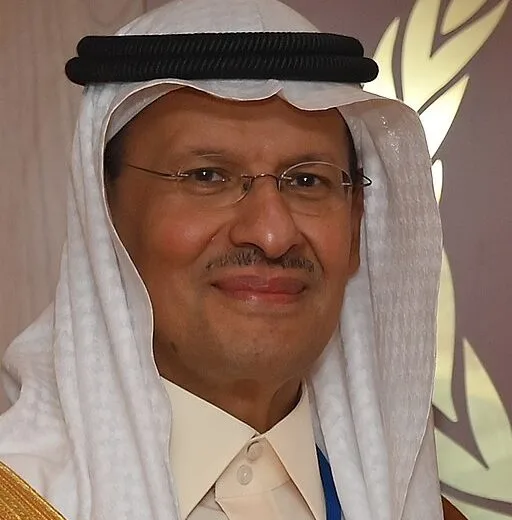Prince Abdulaziz bin Salman commits to high oil capacity and leads Saudi renewable energy transition at Riyadh’s FII8 Summit
Saudi Arabia will uphold its oil capacity of 12.3 million barrels per day even as it sets its sights on an ambitious renewable energy transition, announced Prince Abdulaziz bin Salman, the Kingdom’s Energy Minister, at the Future Investment Initiative (FII8) in Riyadh. Addressing a crowd of more than 7,000, Prince Abdulaziz detailed Saudi Arabia’s approach to modernising its energy landscape by balancing traditional oil production with innovations in renewables, including hydrogen power and a circular carbon economy model.
In his speech, Prince Abdulaziz reaffirmed Saudi Arabia’s commitment to energy transformation, saying, “We are not ashamed of our record when it comes to emissions. We are proud of it.” He highlighted that the Kingdom had swiftly achieved energy efficiency levels on par with developed nations, a feat accomplished in less than a fifth of the time taken by other countries. This efficiency leap, he noted, showcases Saudi Arabia’s determination to be a global leader in energy reform.
The Kingdom’s energy transition will see renewable sources generate 50% of its electricity by 2030. Prince Abdulaziz celebrated this bold objective and praised the nation’s swift progress, noting, “In less than 11 years, we have moved near the efficiency levels of the United States in air conditioning, slightly below those of the EU, yet achieved it at record speed.”
Embed from Getty ImagesSaudi Arabia’s renewable goals don’t stop with domestic reforms. The Kingdom is also exploring ways to harness hydrogen power, which the minister referred to as a key step in both diversifying its energy output and reducing emissions. He highlighted that Saudi Arabia now stands as the largest hydrogen producer globally, a point of national pride and a strategic achievement in the Kingdom’s vision for sustainable development.
During the FII8, Prince Abdulaziz outlined how the government is developing renewable energy infrastructure, noting that Saudi Arabia has tendered projects reaching a combined capacity of 44 gigawatts. “This capacity equals almost half of the UK’s total and is 100% of the installed capacity of Australia and Switzerland combined,” he remarked, underscoring the scale of Saudi ambition. The minister also compared Saudi Arabia’s renewable growth to that of other leading nations: the Kingdom will reach a capacity of 20 gigawatts this year alone, surpassing Germany’s 18 gigawatts installed last year.
On the domestic front, Prince Abdulaziz assured that every Saudi region is now connected to two energy sources, a safeguard supported by extensive new transmission lines. Every household and business in Saudi Arabia is equipped with smart meters, a modernisation milestone that, he noted, puts the Kingdom ahead of many G20 nations.
Looking forward, the minister stressed that Saudi Arabia’s energy transformation is aimed at achieving more than sustainability. He emphasised the circular carbon economy approach as a guide for reducing emissions while enhancing economic resilience. By investing in both clean energy and manufacturing, Saudi Arabia aims to bolster economic diversification, strengthen supply chains, and generate job opportunities.
On the topic of partnerships, Prince Abdulaziz extended an invitation to international investors and nations alike, emphasising the Kingdom’s focus on joint ventures as a way to accelerate the energy transition. “We have mastered the art of joint venturing,” he said. “We want you to be our partners.”
